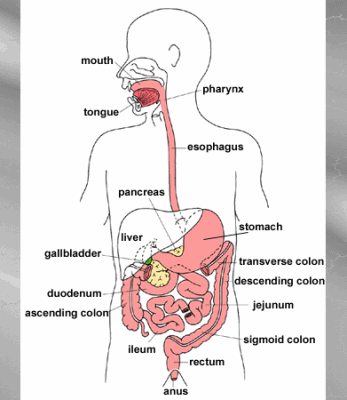Physical Address
304 North Cardinal St.
Dorchester Center, MA 02124
Physical Address
304 North Cardinal St.
Dorchester Center, MA 02124

Contents
An endoscopy is a minimally invasive procedure that allows doctors to examine parts of the gastrointestinal (GI) tract using a flexible tube with a camera attached to it. This procedure, also known as esophagogastroduodenoscopy (EGD), can help diagnose various diseases and conditions affecting the digestive system. Here are some of the diseases that can be detected by an endoscopy:
Endoscopy can help doctors identify abnormal lumps, masses, or ulcerations in the upper GI tract. By taking small tissue samples or biopsies during the procedure, doctors can determine if these abnormalities are non-cancerous or cancerous. This early detection is crucial for timely treatment and management of cancer.
Esophageal varices are enlarged veins in the walls of the esophagus that can lead to life-threatening bleeding. These varices are often associated with liver disease. Endoscopy can detect these varices and help doctors intervene to prevent complications such as bleeding.
Inflammation in the upper GI tract, often caused by factors like Helicobacter pylori bacteria, can result in ulcers or sores in the lining of the esophagus, stomach, or small intestine. Endoscopy can visualize these ulcers and guide treatment strategies to heal the ulcers and manage symptoms.
GERD is a condition where stomach acid flows back into the esophagus, leading to symptoms like heartburn and indigestion. If left untreated, GERD can progress to Barrett’s esophagus, a precancerous condition. Endoscopy can help diagnose GERD and monitor for any complications like Barrett’s esophagus.
An esophageal stricture is an abnormal narrowing of the esophagus, making it difficult for food and liquids to pass through. Endoscopy can identify the presence of strictures, which may be caused by conditions like GERD or tumors. Treatment options, such as dilatation, can be performed during endoscopy to alleviate symptoms.
Celiac disease is a chronic immune disorder triggered by the consumption of gluten-containing foods. This condition damages the lining of the small intestine, leading to poor nutrient absorption. Endoscopy plays a crucial role in diagnosing celiac disease by taking biopsies of the small intestine for analysis.
Stomach or duodenal ulcers are breaks in the tissue lining of the stomach or the first part of the small intestine. Helicobacter pylori infection or the use of NSAIDs can contribute to the development of ulcers. Endoscopy can detect these ulcers and guide treatment, including antibiotic therapy to eradicate H. pylori.
Endoscopy is a valuable tool for detecting stomach and esophageal cancers, although these cancers are relatively uncommon. Symptoms such as unexplained weight loss, difficulty swallowing, and abdominal pain may prompt the need for an endoscopy to rule out cancer and initiate appropriate management.
Barrett’s esophagus is a condition where the lining of the lower esophagus changes due to chronic acid reflux. Individuals with Barrett’s esophagus have a slightly higher risk of developing esophageal cancer. Regular endoscopic surveillance is recommended for early detection and monitoring of any precancerous changes.
Endoscopy is a versatile procedure that not only helps in diagnosing various GI conditions but also allows for therapeutic interventions such as polyp removal, stricture dilatation, and bleeding control. If you are experiencing symptoms related to the diseases mentioned above, consulting with a healthcare provider for an endoscopy may be beneficial in managing your condition effectively.